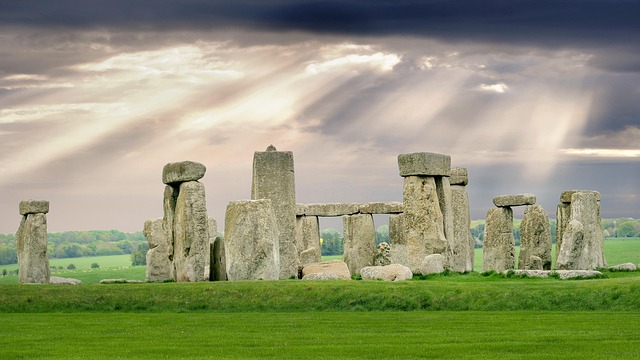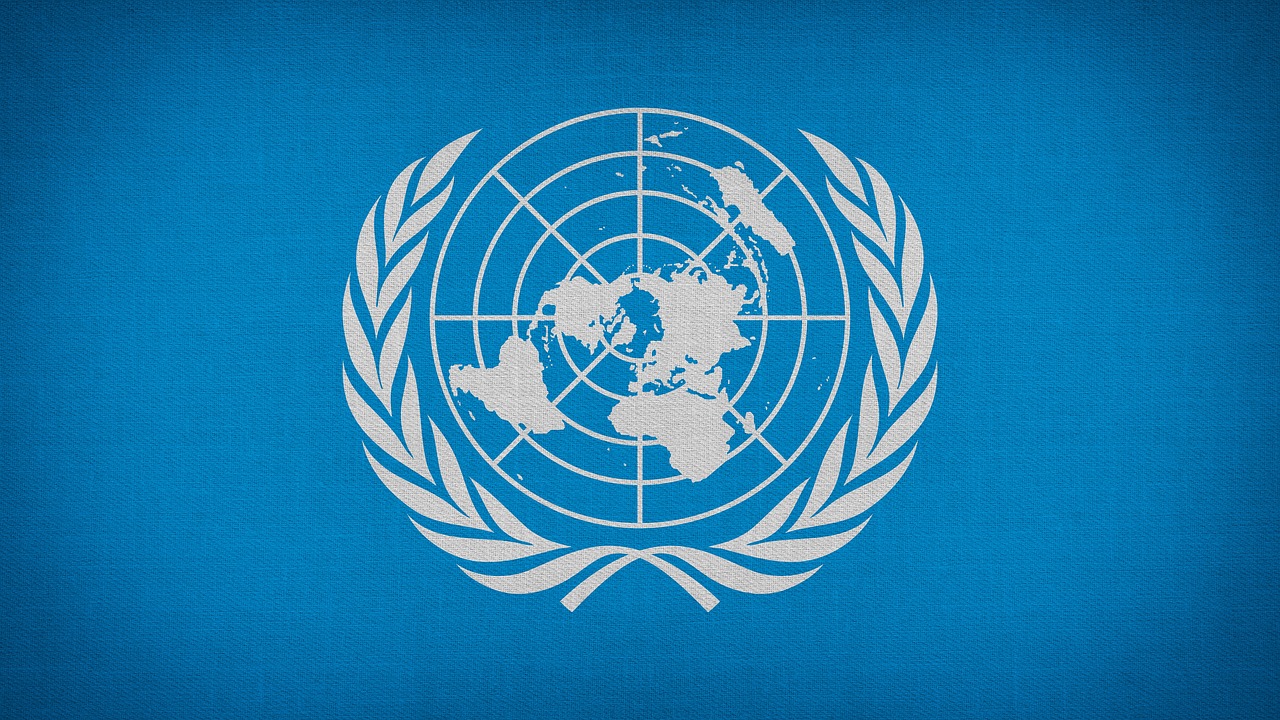Article Title:Personhood, agency, and mortuary ritual: A case study from the ancient Maya
Abstract:
The archaeological identification of individuals has been an important component of both processual attempts to characterize social organization by the treatment of individuals in mortuary ritual and more recent agency theory applications to studies of political economy and social change. Both approaches have been critiqued for failing to adequately define the individual, instead applying the Western concept of the individual to other societies. These shortcomings are shown to be part of a larger problem in social theory: the continuing polarization between individualism and holism. They point to the need for renewed interest in the anthropological analysis of the person-a socially shaped construct-in order to better understand social relationships and recognize the collective aspects of agency. A case study from the Classic Maya civilization illustrates how emphasis on the individual, as represented in mortuary events, artistic depictions, and texts, has resulted in interpretive difficulties that can be avoided by viewing these data from the perspective of the social collectivity from which personhood was derived. Maya corporate kin-based groups, known as houses, were a major source of the social identities expressed in political action and represented in mortuary ritual and monumental imagery. (C) 2001 Academic Press.
Keywords: agency; house society; individualism; Maya; Mesoamerica; mortuary ritual; personhood
DOI: 10.1006/jaar.2000.0369
Source:JOURNAL OF ANTHROPOLOGICAL ARCHAEOLOGY
Welcome to correct the error, please contact email: humanisticspider@gmail.com



